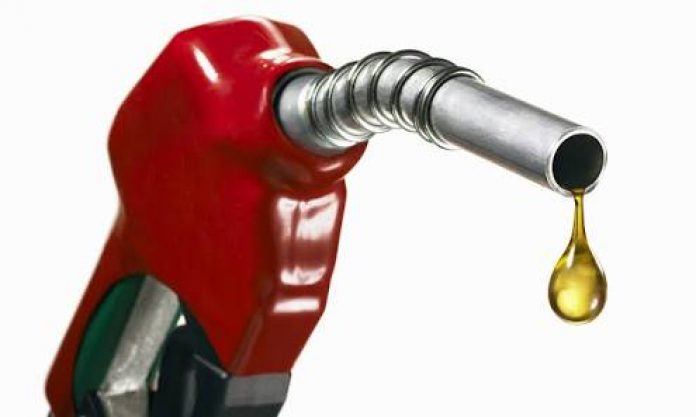Amidst rising price pressures, Africa’s second largest copper hotpot Zambia will adjust its petroleum prices 14% higher as its local currency slides while geopolitical tensions heighten. The Energy Regulation Board announced a fuel price hike citing rising crude prices on account of supply constraints from geopolitical anxiety while the copper currency has extended its losing streak by 9.8% in the period amidst weak dollar supply. This will be the first petroleum price hike in the last 5 months.
Effective midnight of 31 January 2024, petrol prices will trade for K34.19 (K29.98), diesel – K32.15 (K29.96) and Kerosene – K24.04 (K0.00) and Jet Air fuel – K32.69 (K26.69) a liter.
Brent prices have been impacted by supply fundamentals to include Iranian backed militant attacks through drone strikes on Jordan, Ukrainian drone attacks on a Russian refinery and Houthi attacks on civilian vessels in the Suez Canal in the Red Sea. These developments in addition to disruptions in Libya have continued to short crude supply while growth expansion in the United States has increased demand including that of crude.
Domestically, private sector pulse as measured by purchasing managers index (PMI) has remained constrained in contraction with three persistent themes namely lack of liquidity, currency weakness and rising petroleum prices forcing manufacturers to raise selling prices. January inflation headlined 13.2% outside the 6-8% BOZ target band.
In the labyrinth of a debt restructure, cost of living pressures have remain a key hurdle with the MinFin seeing debt reorganization closing as early as end of March 2024. However the uncertainty continues to breed market fatigue despite robust growth but in an inflationary environment.
“A petroleum price hike compounds the inflation quagmire amidst currency woes that could trigger tighter monetary policy in February when the rates decision committee meet,” ZATU Financial Consultants Managing Partner Munyumba Mutwale said,
Weeks earlier the energy regulator had hinted on the depletion of the excess reserves which were used to buffer for price fluctuation’s. The Zambian authorities as part of fiscal purse reorganization in 2022 scrapped the fuel subsidy that saw the monthly fuel price review.
The fuel price adjustment is expected to have a ripple effect on transport and manufacturing costs.
The Kwacha Arbitrageur

